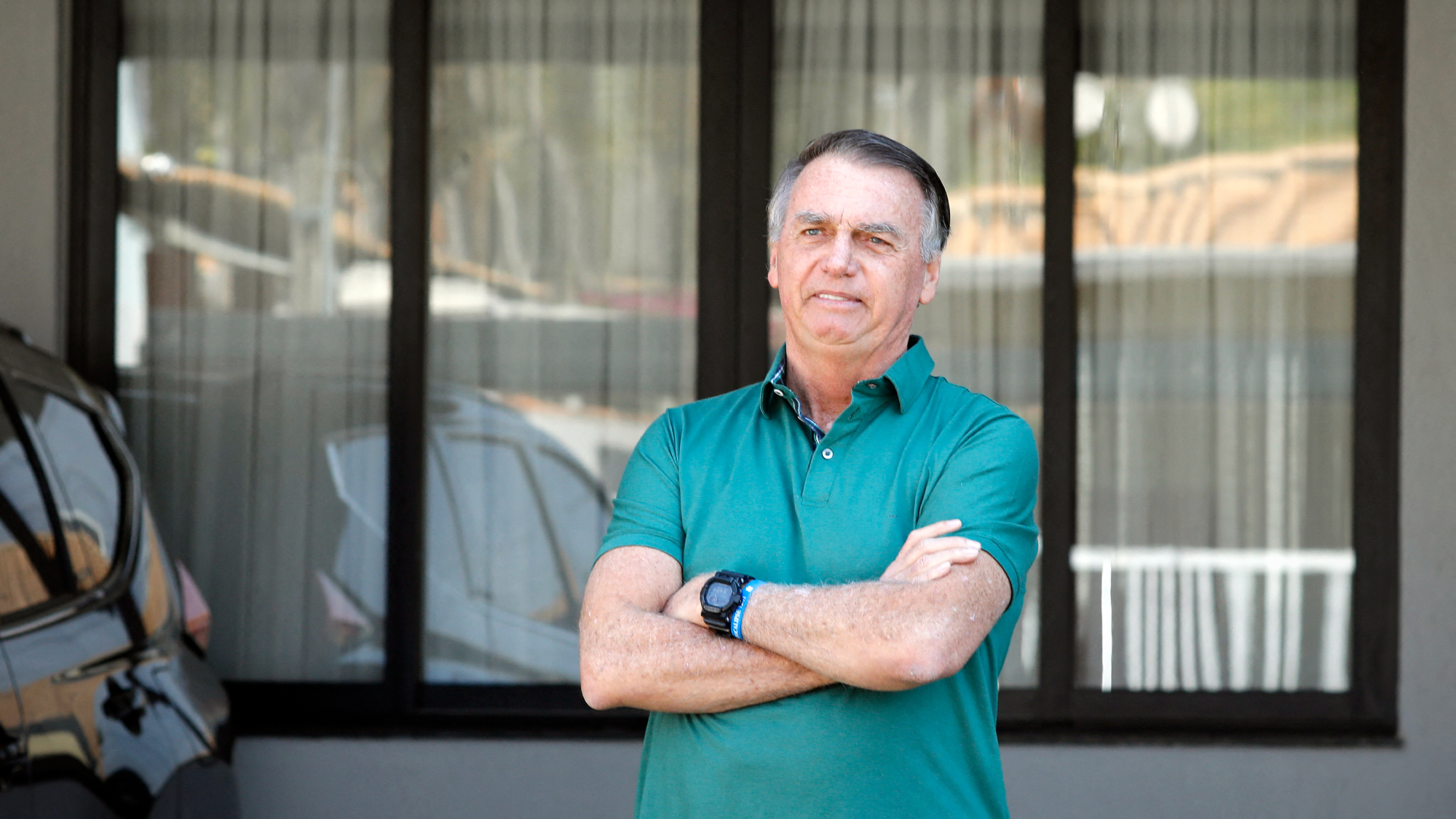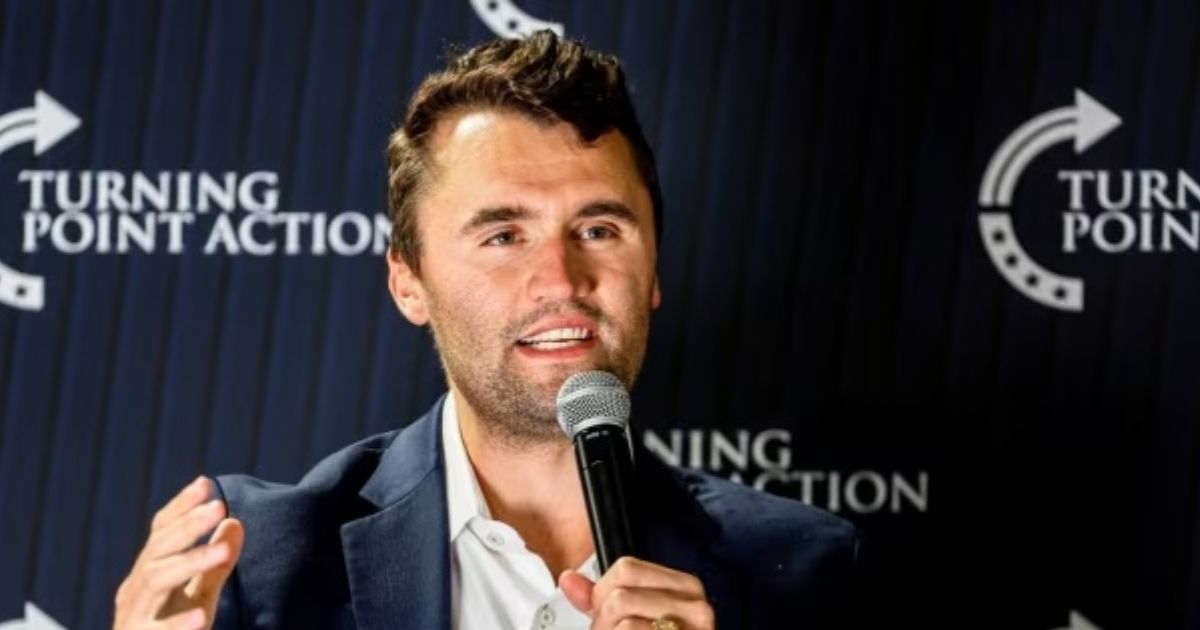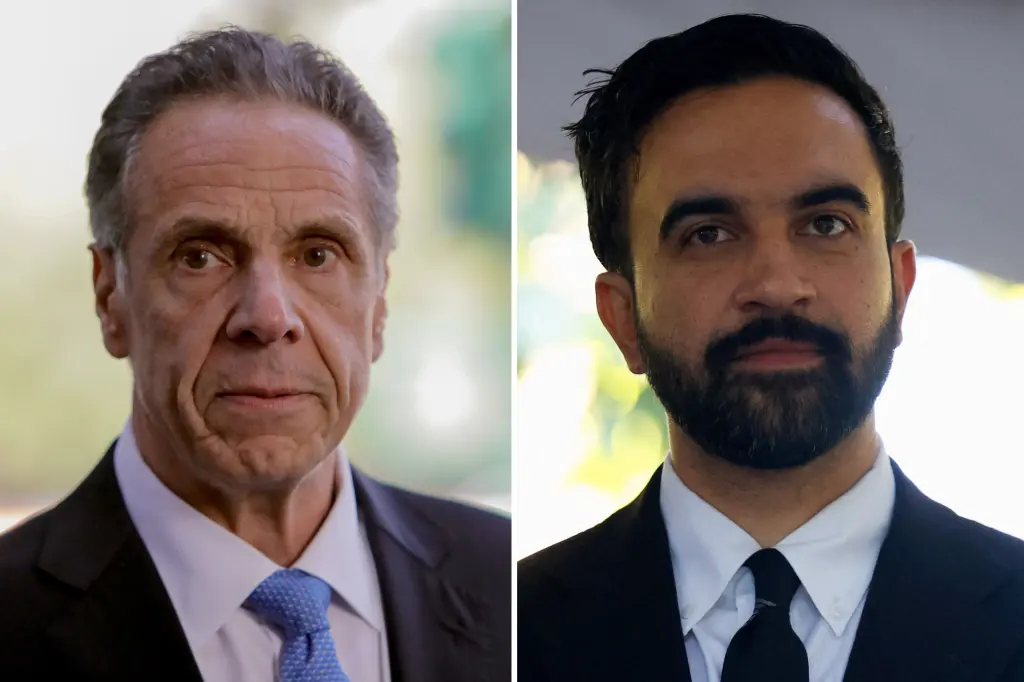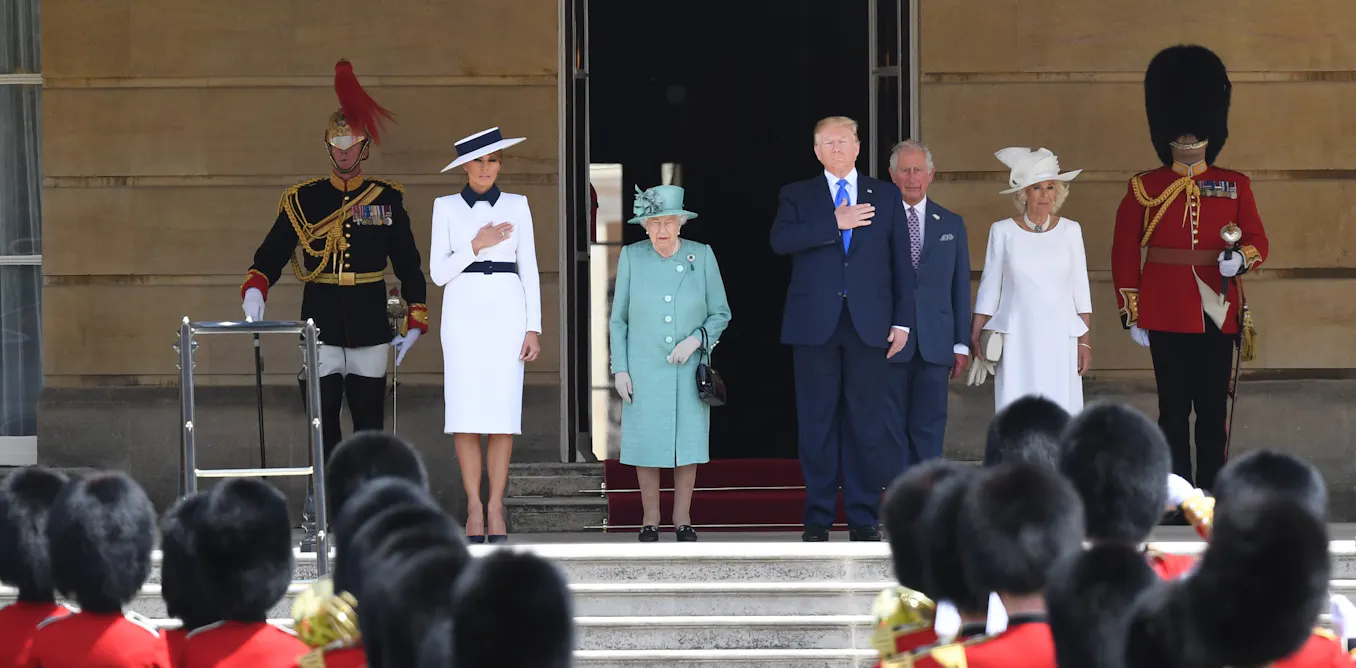Tyler Robinson: Charlie Kirk killing suspect faces aggravated murder charge, allegedly politically motivated
By Anna Griffin,Nicholas Bogel-Burroughs and Jack Healy
Copyright thewest
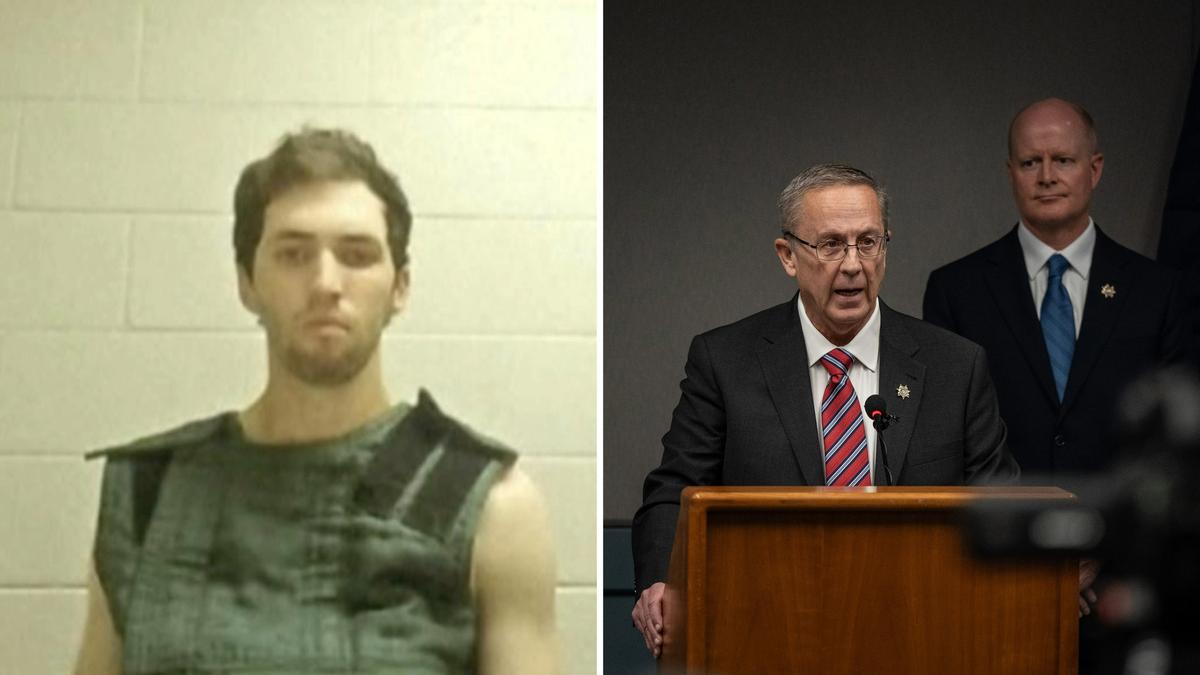
Utah prosecutors said Tuesday US time that they would seek the death penalty for the man accused of killing prominent conservative activist Charlie Kirk and that the man had told his partner that he shot Kirk because he “had enough of his hatred.”
At a news conference, Jeff Gray, the Utah County attorney, also laid out the sequence of events that led to the surrender of the suspect, Tyler Robinson, and the role his own family played.
The killing of Kirk, 31, while he spoke at a Utah college on September 10, continued to reverberate through national politics.
US President Donald Trump and his top advisers have threatened to punish what they claim to be a left-wing network that supports violence, and Attorney General Pam Bondi promised to crack down on “hate speech.”
After she was criticised for potentially criminalising speech protected by the First Amendment, she clarified her remarks, saying on social media that she was referring to hate speech that “crosses the line into threats of violence.”
Mr Robinson, 22, of St George, Utah, appeared briefly in court Tuesday via video from jail. Mr Gray said Mr Robinson was being charged with aggravated murder, which can bring the death penalty, because he risked other people’s lives when firing at Kirk at a crowded event, and because he targeted Kirk for his political views.
Mr Kirk, the prosecutor said, was killed while “engaging in one of our most sacred and cherished American rights — the free exchange of ideas.”
Mr Robinson also faces other charges, including witness tampering and obstruction of justice, for telling his romantic partner to delete texts and not to talk to investigators, according to the prosecutor and court filings.
The partner, who lived with Mr Robinson, did cooperate with investigators and provided them with some of the most incriminating evidence.
According to charging documents, in the hours after the shooting and while the gunman’s identity was still unknown, Mr Robinson sent a text message to his partner saying, “Drop what you are doing, look under my keyboard.”
That is where the partner found a note that said, “I had the opportunity to take out Charlie Kirk and I’m going to take it,” according to the documents.
The partner responded with shock, according to a law enforcement reproduction of the text message exchange. “You weren’t the one who did it right????” the partner texted. Mr Robinson responded, “I am, I’m sorry.”
“I had enough of his hatred,” Mr Robinson texted, referring to Kirk. “Some hate can’t be negotiated out.”
Mr Robinson grew up in a Republican household, and his mother told investigators that her son had moved to the left over the last year or so and had become “more pro-gay and trans-rights oriented,” according to a charging document. Officials have said Mr Robinson’s partner was transitioning from being a man to being a woman, leading to speculation that Kirk’s opposition to transgender rights could have been part of Mr Robinson’s motive.
Mr Gray said that the parents of Robinson began suspecting him of being the gunman as soon as the FBI released video surveillance images taken at Utah Valley University in Orem around the time of the shooting.
“Robinson’s mother saw the photo of the shooter in the news and thought the shooter looked like her son,” Gray said, then “called her son and asked him where he was. He said he was at home sick and that he had also been at home sick on September 10.”
Mr Robinson’s mother showed the photo to her husband, who agreed that the gunman looked like their son. Mr Robinson’s father also believed that the rifle used in the shooting, which investigators found in a wooded area near the campus, matched a gun given to their son as a gift, and they messaged Mr Robinson on September 11 asking him to send a photo of the rifle. He did not respond.
In a phone call with his father not long after, Mr Robinson suggested he was considering killing himself. His parents persuaded him to come to their family home on a quiet suburban street in Washington, Utah, just outside St George and about 250 miles from the shooting site.
His parents reached out to a friend, a retired deputy sheriff, they knew through the Church of Jesus Christ of Latter-day Saints and began trying to negotiate Mr Robinson’s surrender.
The retired deputy quickly called Sheriff Nate Brooksby of Washington County and, his voice shaking, reported that he believed he knew who had killed Kirk.
“I never could have fathomed what came out of his mouth,” Mr Brooksby said in an interview Tuesday, recalling the phone call.
Mr Brooksby then called Sheriff Mike Smith of Utah County, where the shooting occurred, to break the news.
Mr Brooksby said that Robinson had been afraid of being apprehended by a SWAT team or of being shot by law enforcement, and had agreed to a low-key end to a fevered search.
The retired deputy drove Mr Robinson and his parents to Mr Brooksby’s office. The sheriff said Robinson had seemed “quiet and somber” and asked for a lawyer.
“The intense law enforcement pressure backed him into a corner,” Mr Brooksby said. “He knew it was inevitable that he was going to get caught.”
Mr Robinson made his first court appearance late Tuesday afternoon in Provo by video from the Utah County Jail. He appeared in front of a bare wall, wearing a green suicide-prevention smock, and showed little emotion as the charges were read.
Judge Tony Graf said that he would appoint a lawyer for Robinson, who did not have representation. His next court date was set for Sept. 29.
In Washington, DC, Ms Bondi provoked a backlash after announcing she would “absolutely target” protesters engaging in “hate speech” — and even claiming that she had authority to investigate businesses that refused to print memorial vigil posters for Kirk. (An Office Depot employee in Michigan was fired after rejecting an order to print posters honouring Kirk.)
Ms Bondi’s comments, made in an interview on Fox News’ “Hannity” late Monday, reflected a broader effort by the Trump administration to punish anyone who has celebrated Kirk’s killing or even people who denounced his killing but continued to criticise his political stances.
Ms Bondi was pilloried for her remarks by a slew of pundits, authors and lawmakers, including conservative ones, on social media. Many of her critics pointed to a May 2024 social media post by Kirk himself, laying out clearly that while “ugly speech,” “gross speech” and “evil speech” existed, there was no such thing as hate speech under the Constitution.
“Someone needs to explain to Ms Bondi that so-called ‘hate speech,’ repulsive though it may be, is protected by the First Amendment,” Brit Hume, the longtime Fox News host, wrote on social media.
Ms Bondi seemed to back away from a broad interpretation of her remarks Tuesday morning, writing on social media: “Hate speech that crosses the line into threats of violence is NOT protected by the First Amendment. It’s a crime.”
More details also emerged Tuesday about the chaotic hours after the shooting, when police briefly detained two men before concluding neither was the gunman. Authorities provided more information about one of those men, George Zinn, a 71-year-old political gadfly.
Moments after the shooting, Mr Zinn yelled to police officers that he was the shooter, but later explained that he had falsely confessed in order to help the real assassin escape, police said. Mr Zinn was arrested on suspicion of obstruction of justice, a felony, with police saying that he had delayed investigators’ hunt for the actual perpetrator. Police said there was no evidence that Mr Zinn had colluded with the gunman.
The Utah County Sheriff’s Office said that police had taken Mr Zinn to a hospital because of a medical issue and that, while there, he allowed officers to look at his phone. When he gave them the phone, he said the officers may find sexual images of children. He was additionally charged with four counts of sexual exploitation of a minor.
On Monday, a judge ordered that Mr Zinn be held without bail, finding that he was a “substantial danger” to the community. It was not clear from court records if Mr Zinn had a lawyer, and a lawyer who previously represented him did not immediately respond to messages seeking comment.
This article originally appeared in The New York Times.
© 2025 The New York Times Company
